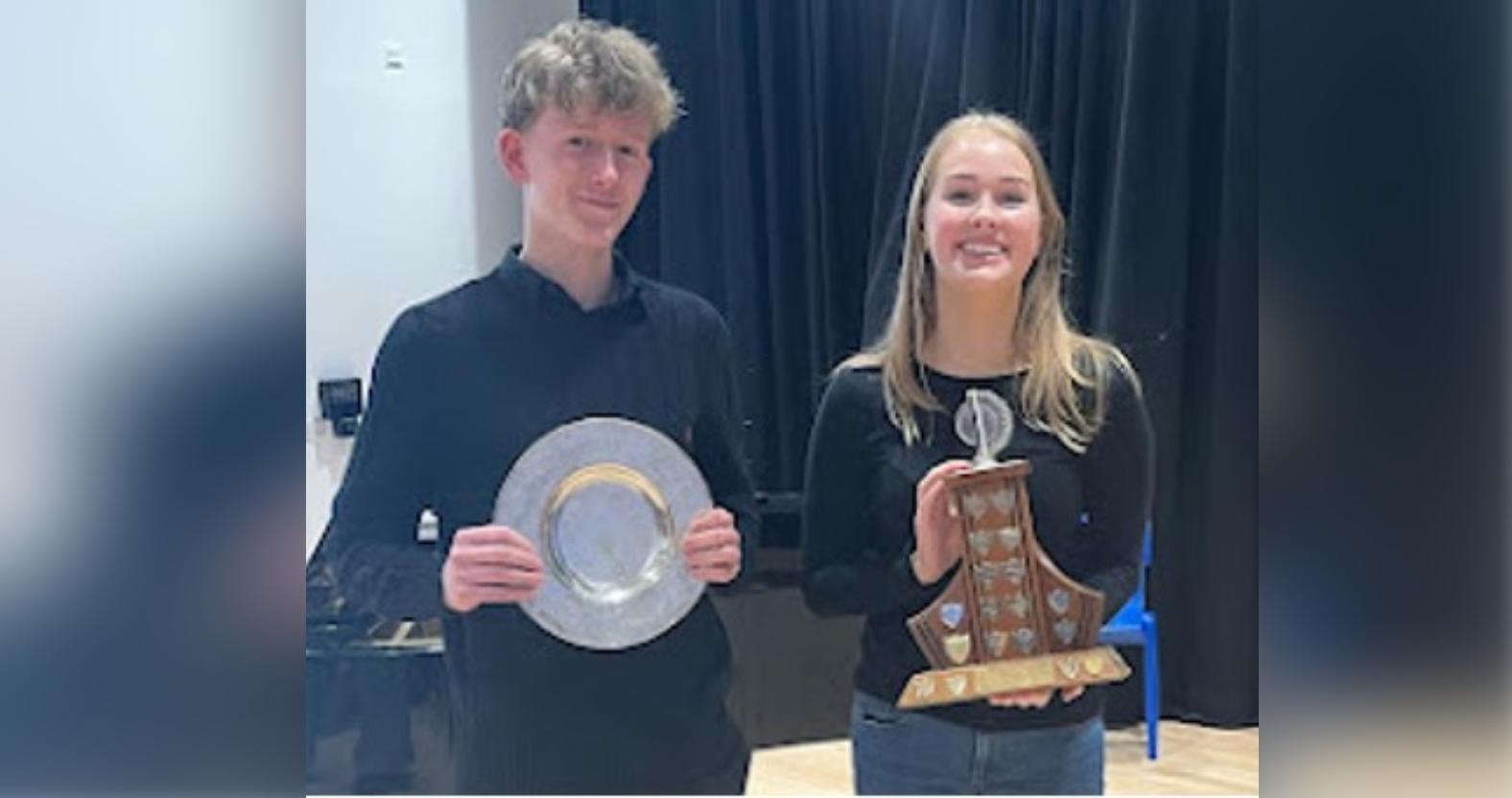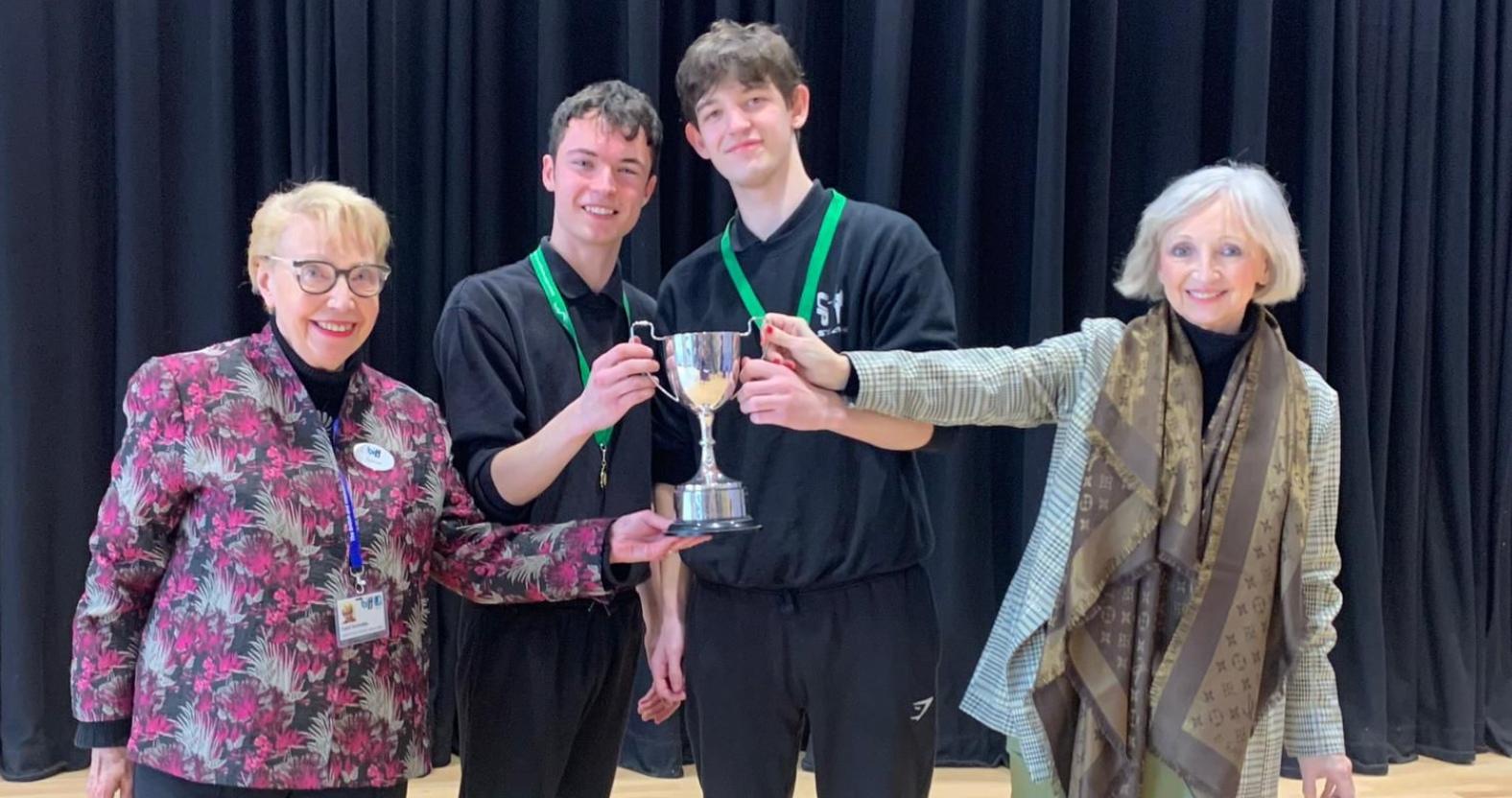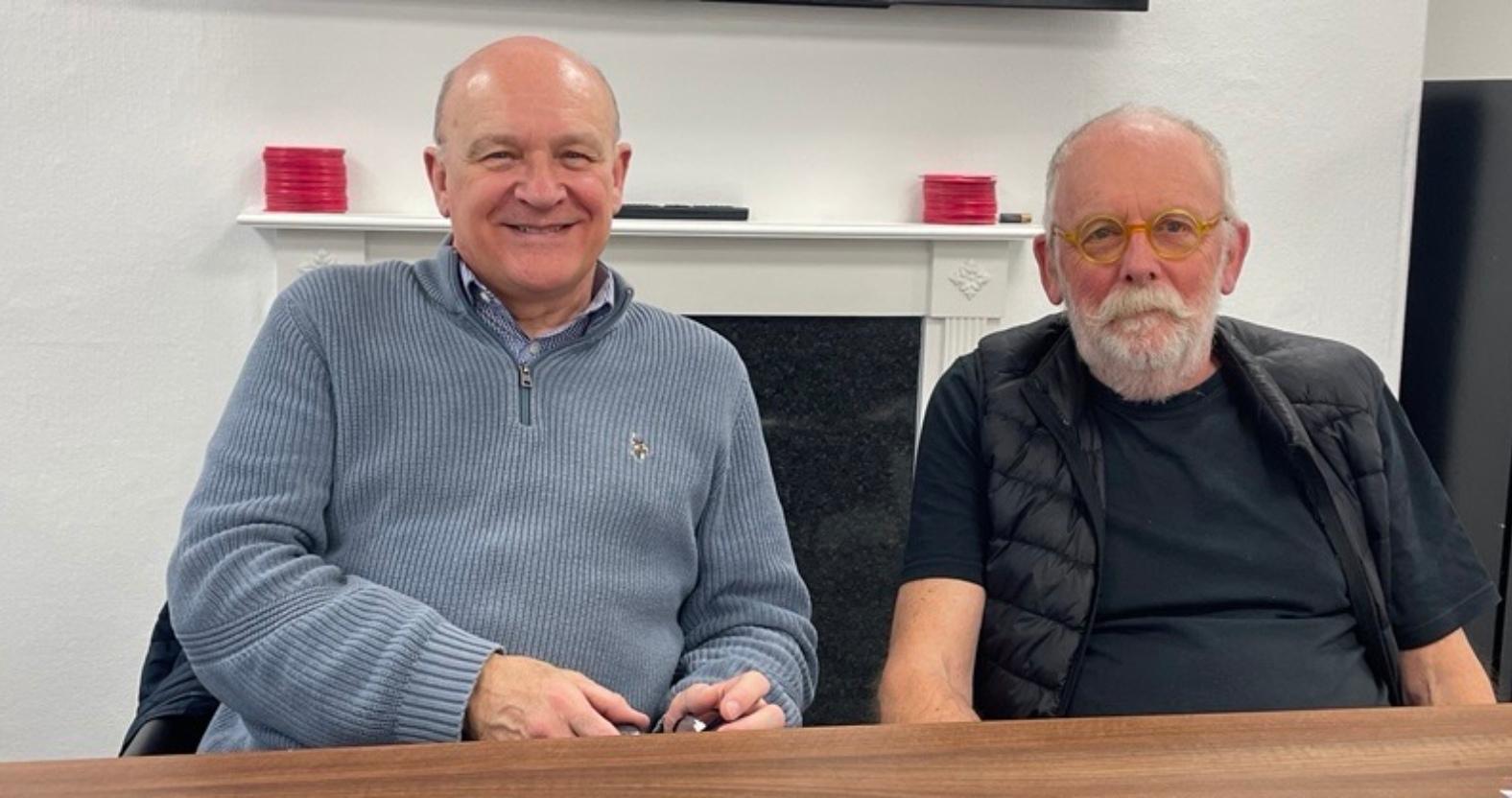Subscribe to trusted local news
In a time of both misinformation and too much information, quality journalism is more crucial than ever. By subscribing, you can help us get the story right.
- Subscription costs less than £1 a week with an annual plan.
Already a subscriber? Log in here.
15
Nov
Harrogate's oldest festival prepares to turn 90

It has survived the second world war and covid — now the Harrogate Competitive Festival for Music, Speech and Drama is about to turn 90.
The festival started in 1936, the year of the Jarrow March and the death of George V, to give musicians an opportunity to perform for prizes in front of an audience.
Back then, some 3,000 piano, organ and violin players performed at the Royal Hall.
The current name was adopted in the 1960s when drama and verse speaking classes were added to the programme.
As times have changed, similar competitive festivals have folded but Harrogate’s is expected to attract about 1,200 performers to Harrogate High School to take part in about 140 classes over three weekends in March.
Although most participants are students, anyone can enter categories as diverse as barbershop, harp, olde tyme music hall and public speaking. One recent saxophone quartet consisted of four women all aged over 80.
Festival chairman Paul Dutton said reaching 90 was a testament to the efforts of volunteers, as well as the festival’s reputation.
Mr Dutton, a singer and musical director who succeeded Richard Thomas as chair 12 years ago, said the annual gathering enabled musicians to test themselves in a supportive environment.
The word ‘competitive’ is not always encouraged among young people these days, but the experience can provide valuable experience.
Former Boroughbridge High School pupil Oliver Briscombe, who won the speech and drama festival two years ago, made his film debut in Alan Bennett’s The Choral last year.

Upstage Academy students Oliver Briscombe and Alfie Davis with adjudicators (from left) Carol Schroder and Maryrose Swarbrick.
“Lots of people who are now working in the arts industry took part in the festival,” said Mr Dutton. “Yes, it’s competitive but it also develops confidence and allows them to see other people perform and give them something to aim for.”
The festival, which is a charity, was founded and funded by the local authority until 2016. It’s now run entirely by a 16-person committee plus 70 volunteers.
“I’m determined we will get to a 100'
Survival has been particularly perilous since the council withdrew financial support. Its return after covid wasn't certain.
Treasurer and secretary Alan Connell, who played violin at the festival 64 years ago aged 11, said:
“We received two legacies 10 to 15 years ago and that obscured the fact that we weren’t breaking even. The 2021 festival didn’t take place and we weren’t confident looking into the future.”
The crisis was overcome, but ongoing financial uncertainty prevents the committee planning too far in advance.
The nominal entry fees don’t cover the £20,000 costs and the festival operates on an annual shortfall of about £6,000. Venue hire alone is £5,500. “This has made it impossible for us to break even and means we are reliant on donations and sponsorship,” says Mr Connell.

Paul Dutton (left) and Alan Connell
A 90th anniversary commemorative concert will take place at St Mark’s Church on October 15 next year. Mr Dutton dares to think beyond then: “I’m determined we will get to that 100th anniversary.”
The short-term focus, however, is on March’s festival. Professional adjudicators are booked; The syllabus was published in September. Have many entries have arrived yet?
“We have one so far,” says Mr Connell. “An adult barbershop quartet. But that’s normal for this time of year.” Entries close on January 15 and most come in over Christmas.
After years of living on the edge, the festival organisers have learned to keep calm and carry on.
0